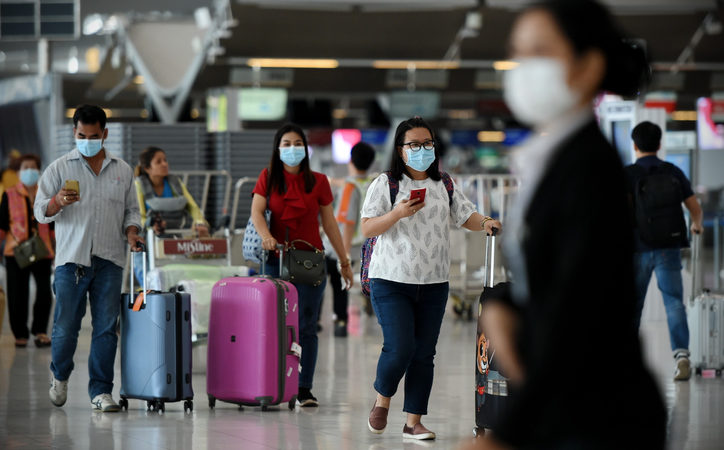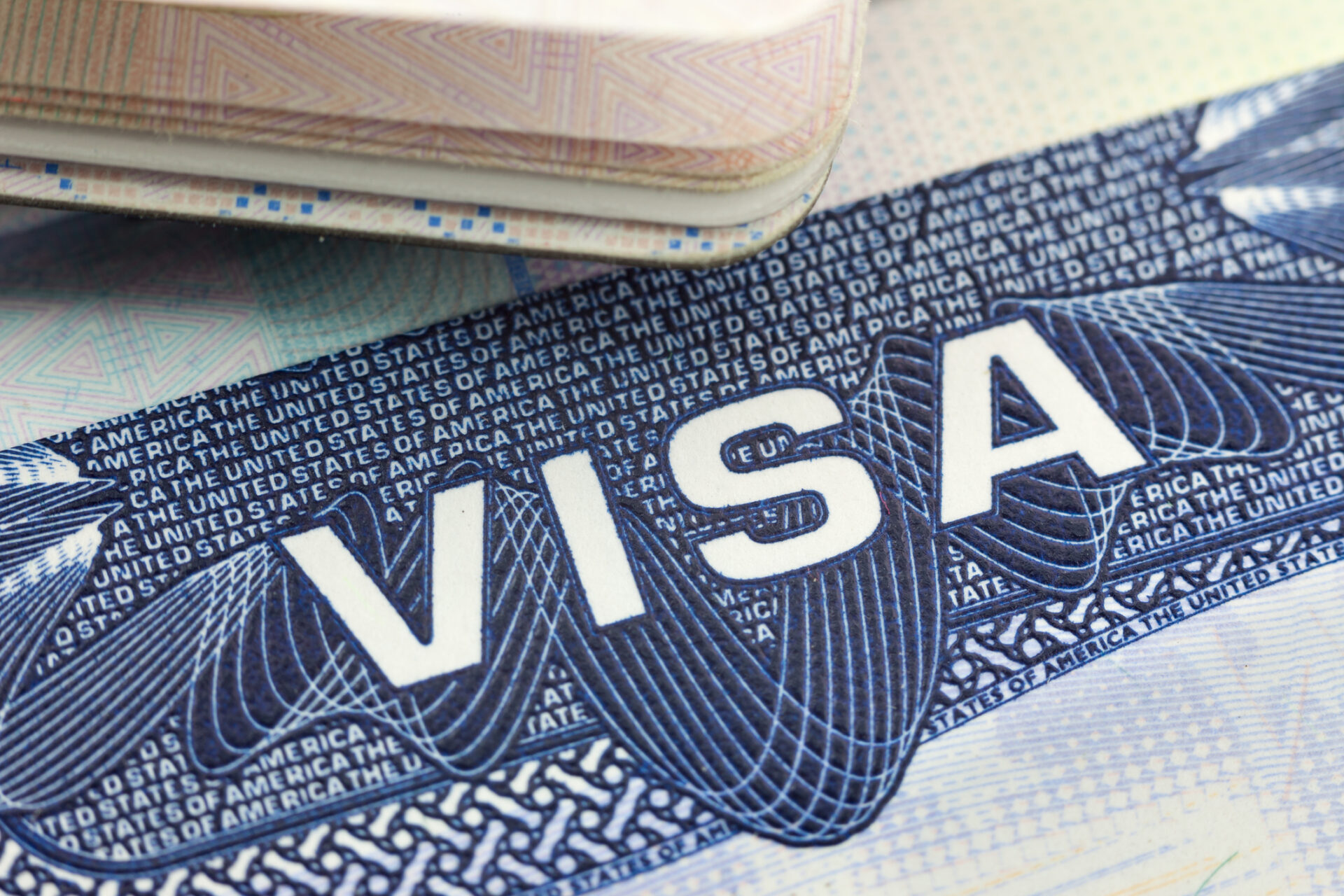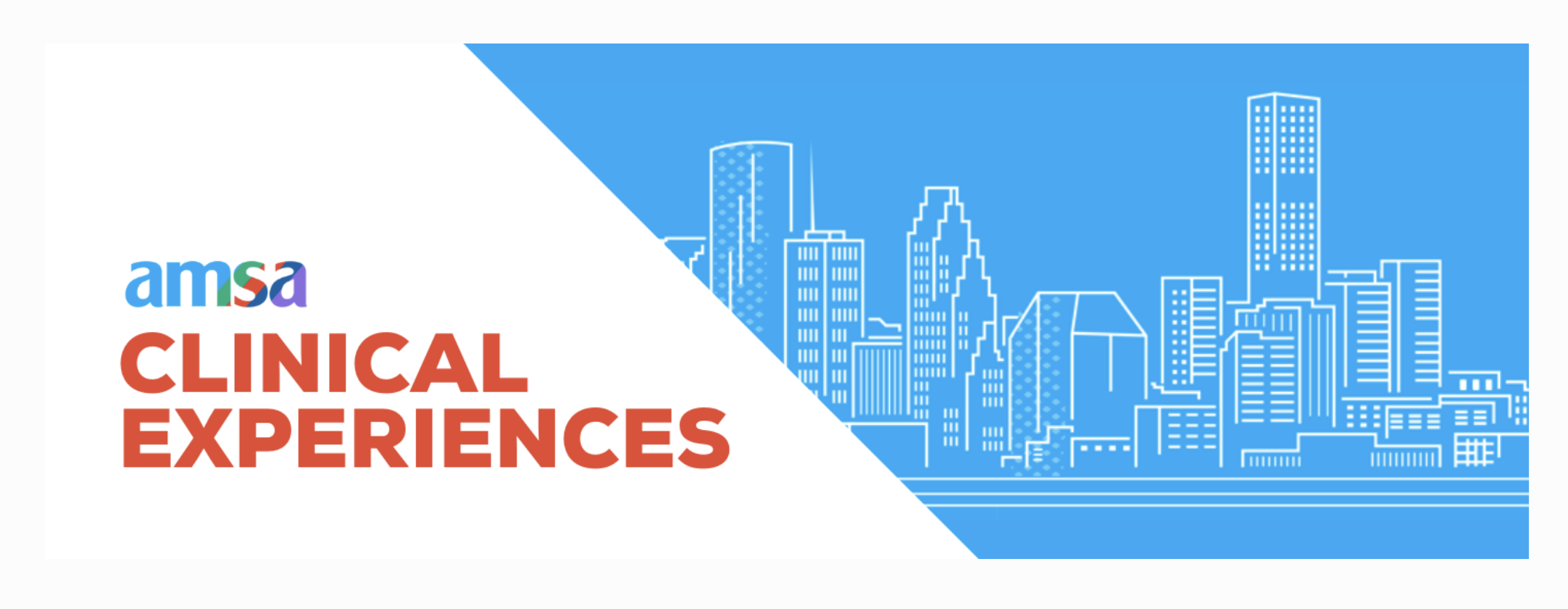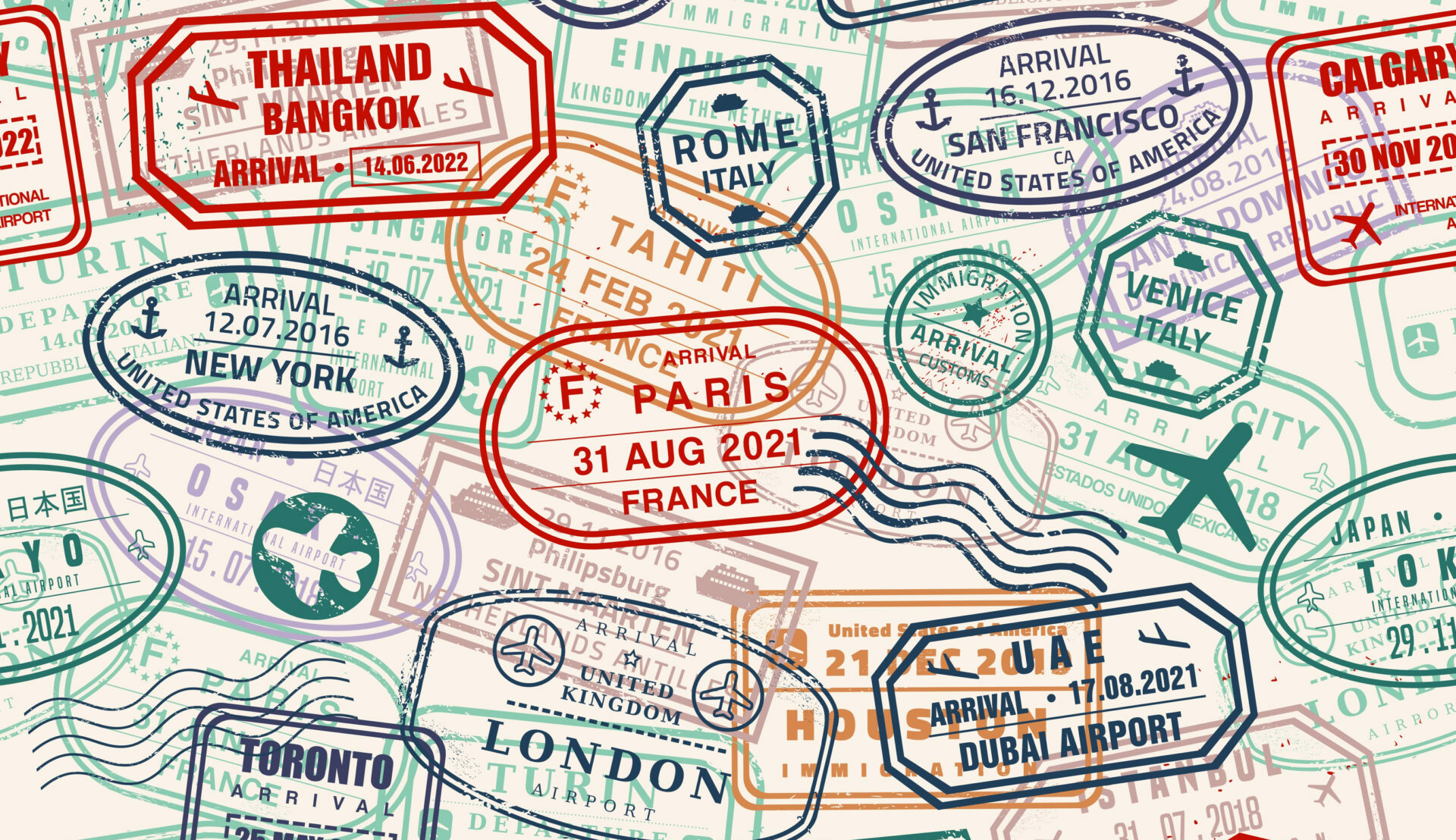You carefully selected a clinical experience. You applied, waited for acceptance, and then excitedly reserved your spot. You completed enrollment and began planning for your time in the U.S. Now, you have concerns about traveling during COVID-19. Is it safe to board a flight at this time?
If you are not under a travel restriction, coming to the U.S. for your clinical experience is possible. In fact, traveling can be safe if the proper precautions are taken. Below we outline some tips on how to keep yourself in good health while traveling during COVID-19.
Arrive Early
Because airports and individual airlines are ramping up their sanitation efforts in between customers, it is possible that passing through security and boarding your flight will take longer. This is something to be mindful of when planning how early to leave for the airport. You don’t want to miss catching the plane!
Wash Hands Frequently
Anytime you have the opportunity to wash your hands while traveling during COVID-19, be sure to take it. Health officials suggest that those flying during this time wash their hands before and after any interactions with airport or airline staff and in instances where they may be in contact with high touch surfaces. An example of this may be if you are using an electronic kiosk to check in, get your boarding pass, or pay for luggage. If it is possible to do any of this with your phone before arriving at the airport, this may be an even better option.
Plan Bathroom Breaks
If you can help it, avoid using the bathroom during the flight. Because most airplanes only have one or two restrooms, they can be high traffic spaces, which have more germs and bacteria, making the spaces more challenging to keep clean. That said, be sure to visit the restroom before boarding your flight. If you do end up using the restroom while in the air, be sure to wash your hands when done. Also, be sure to sanitize once you return to your seat. This can help ensure you do not spread any germs you may have contracted while touching the door handles or anything else as you left the facility.
Upgrade to First-Class
Want to continue social distancing while in the air? Consider upgrading from coach seating to first-class. First-class seating has more space meaning less chance of contracting COVID-19. The downside to this is that you will have to spend more cash for your plane ticket.
Stay Hydrated
Many individuals are concerned about the quality of the air on planes. They worry that the air others are breathing is being circulated continuously throughout the flight. These concerns do not consider that all aircrafts are equipped with heavy-duty HEPA filters that have the power to trap 99.97% of particles circulating in the air. In some ways, breathing air in circulation on a plane may be safer than breathing the air in the supermarket during your trips for groceries. This is not to say you should stop wearing a mask, though. Most airlines are requiring them.
To further ensure you are taking in the minimum amount of air particles possible while traveling during COVID-19, it is important to remain hydrated. Flying can cause dehydration. Dehydration can cause you to be more susceptible to infection. Instead of hydrating right before the flight, start ingesting more water a day or two before you are traveling.
Consider an online-telehealth experience and avoid traveling!







Thanks for sharing this.